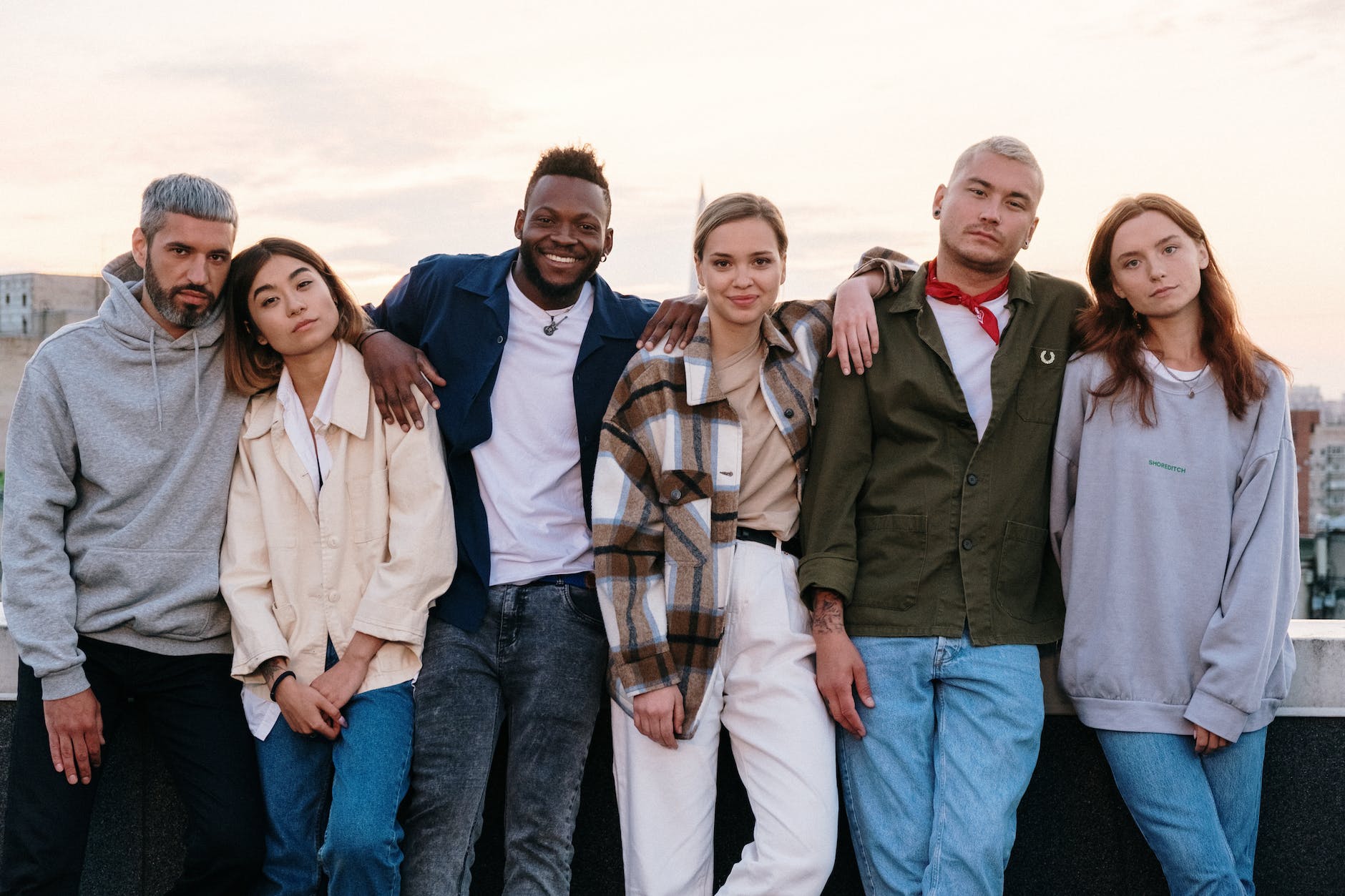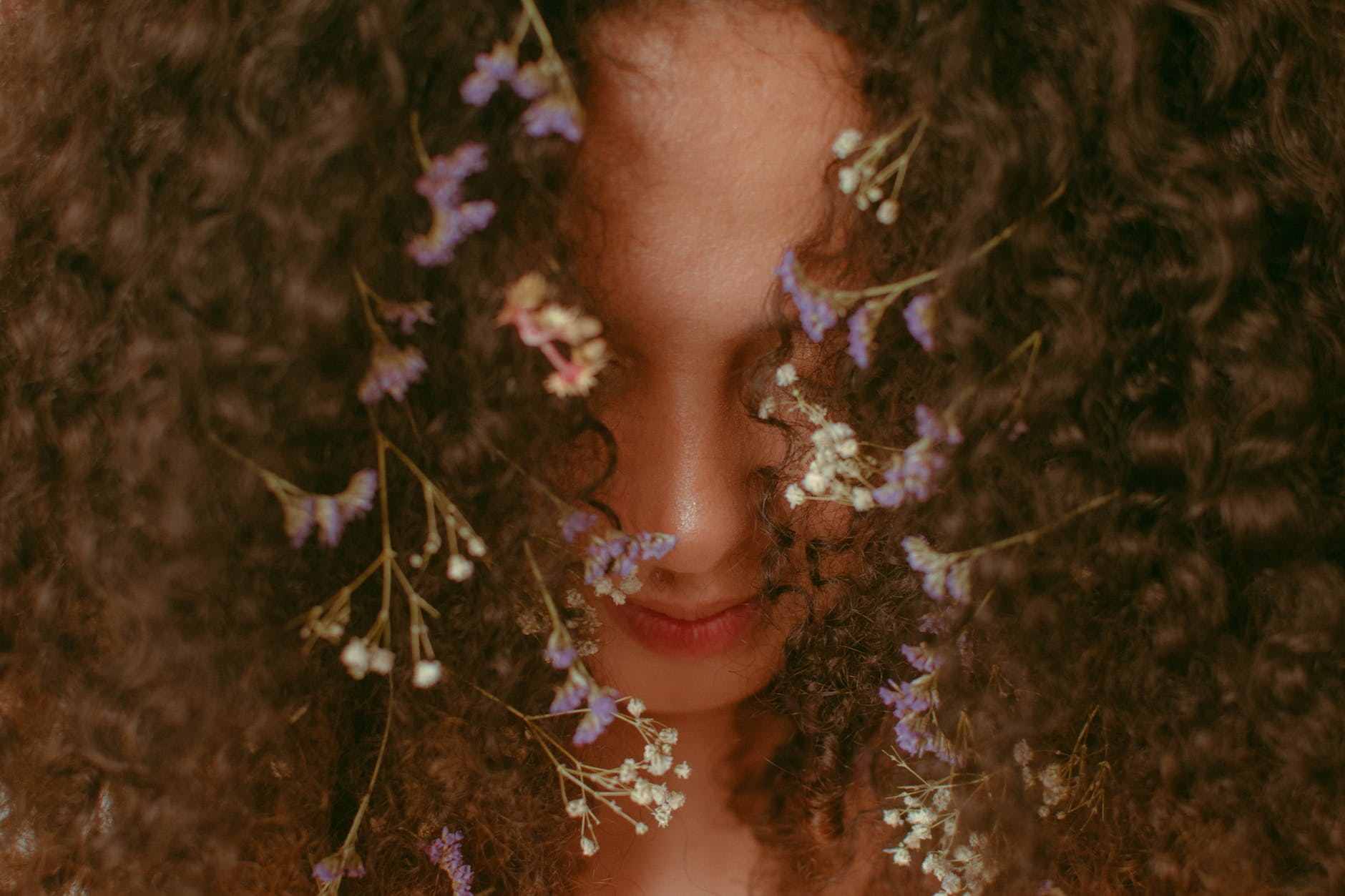In the digital age, creating content often involves drawing inspiration from various sources.
However, a growing trend is the piecing together of other creators’ content to form something ostensibly new.
This practice, while seemingly creative, is riddled with legal and ethical concerns.
Understanding the Practice
This method involves taking portions of existing content – be it text, images, or audio – from different creators and combining them to create what appears to be new content.
Examples include:
- Video Compilations: Taking clips from different videos and merging them into a new video.
- Literary Collage: Extracting paragraphs or sentences from different books or articles to create a new article or story.
- Music Mashups: Blending parts of various songs into a new track.
Why It’s Unethical and Illegal
- Infringement of Copyright: This practice often violates copyright laws, which protect original works of authorship. Using someone else’s copyrighted material without permission can lead to legal consequences under laws like the Copyright Act of 1976 in the United States.
- Lack of Attribution: It disrespects the original creators by not crediting or compensating them for their work, essentially capitalizing on their creativity.
- Misrepresentation: Presenting pieced-together content as original misleads the audience and undermines the integrity of content creation.
- Market Harm: It can potentially harm the market for the original works. If the pieced-together content serves as a substitute for the original works, it could negatively impact the original creators’ revenue.
Creating a work that involves superimposing someone’s face onto characters from existing movies and presenting it as your own work can raise several legal issues, primarily related to copyright and the right of publicity:
- Copyright Infringement: Movies are protected by copyright law, which means using parts of them without permission or a valid fair use defense could constitute copyright infringement. Fair use is a complex legal doctrine and whether it applies depends on factors like the purpose and character of your use, the nature of the copyrighted work, the amount and substantiality of the portion used, and the effect of the use on the potential market for the original work.
- Right of Publicity: Superimposing someone’s face onto film characters might also infringe on the right of publicity, which involves using someone’s likeness for commercial gain without their permission. This is especially significant if the person whose face is used is a private individual or a celebrity.
- Trademark Issues: If the movie characters are trademarked, using their likeness could also potentially infringe on trademark rights.
- Moral Rights: In some jurisdictions, there are moral rights that might be violated by such alterations. These rights are designed to protect the personal and reputational value of a work to its creator.
- Misrepresentation and Deception: Presenting this kind of work as entirely your own creation without acknowledging the original source may be considered deceptive or misleading.
It’s crucial to consult with a legal professional specializing in intellectual property law to understand the full implications and legal risks associated with such a project. Legal guidance is particularly important as laws can vary significantly by region and specific case.
The Legal Landscape
- Fair Use Doctrine: In the U.S., the fair use doctrine allows limited use of copyrighted material without permission for purposes like criticism, news reporting, or research. However, simply piecing together content often does not meet the criteria for fair use.
- Copyright Infringement Penalties: Violating copyright laws can result in penalties ranging from hefty fines to legal action.
The Case for Original Content
Creating original content is not just a legal obligation but an ethical responsibility.
It:
- Respects Intellectual Property: It acknowledges and respects the hard work and creativity of others.
- Builds Trust: Audiences value authenticity. Original content builds trust and credibility with your audience.
- Fosters Creativity: It pushes content creators to develop their unique voice and style, enhancing their skills and contributing to their field.
Piecing together content from various sources without permission is a precarious path, fraught with legal and ethical pitfalls. Respecting copyright laws not only protects you from legal risks but also honors the creative community. As content creators, the pursuit of originality should be at the heart of our efforts, championing creativity and integrity in the digital content landscape.
Advantages of Partnering with a DMCA Company
A DMCA (Digital Millennium Copyright Act) company specializes in protecting the intellectual property rights of content creators by enforcing copyright laws and regulations.
Here’s how they can help stop the illegal use of original content:
- Monitoring and Detection: DMCA companies use sophisticated tools to monitor the internet for unauthorized use of a client’s content. This includes scanning websites, social media platforms, and other digital spaces where the content might be used without permission.
- Issuing Takedown Notices: When unauthorized use is detected, the DMCA company issues takedown notices to the infringing parties or their hosting providers. These notices demand the immediate removal of the copyrighted material under the DMCA.
- Legal Support and Advice: DMCA companies often provide legal support and advice to content creators, guiding them through the process of protecting their rights and taking legal action if necessary.
- Prevention: They often offer services to preemptively protect content, such as watermarking, embedding metadata, or using other digital rights management techniques.
- Restoring Revenue Streams: By eliminating unauthorized copies, these companies help ensure that traffic and revenue flow back to the original creators and their authorized distribution channels.
- Education and Advocacy: They educate content creators on best practices for protecting their work and advocate for stronger copyright protection laws and enforcement.
By partnering with a DMCA company, content creators can more effectively safeguard their work from infringement, allowing them to focus on their creative endeavors with peace of mind.
Protecting work from unauthorized use in compilations is crucial for content creators for several reasons:
- Maintaining Copyright Control: Control over how a work is used is a fundamental right of the copyright owner. Unauthorized compilations can lead to loss of control over the distribution and use of the content.
- Ensuring Proper Compensation: When content is used without permission in compilations, creators may not receive deserved compensation. Protecting their work ensures they are fairly paid for its use.
- Preserving Artistic Integrity: Creators often have specific intentions for their work. Compilations, especially those not approved by the creator, can misrepresent or distort the original intent.
- Protecting Reputation: Unapproved compilations may associate a creator’s work with content or contexts that they do not endorse, potentially harming their reputation.
- Avoiding Market Saturation: Unauthorized use in compilations can lead to oversaturation of the market, potentially devaluing the original work and diminishing its unique appeal.
- Legal Rights Enforcement: Taking steps to protect work serves as a deterrent against infringement and establishes a precedent for the creator’s willingness to enforce their legal rights.
For these reasons, it’s important for content creators to be proactive in protecting their work, ensuring it is used in ways that respect their rights and interests.

Content Creators: Stronger Together
When content creators unite to protect their original work, they amplify their collective power and influence, leading to several key advantages:
- Stronger Advocacy: A unified group of creators can more effectively advocate for stronger copyright laws and enforcement, influencing policy and legislative changes.
- Increased Awareness: Collective action raises public awareness about the importance of respecting intellectual property rights and the impact of copyright infringement on creators.
- Shared Resources: Creators can pool resources for monitoring and legal action, making it more efficient and less costly to protect their work.
- Greater Deterrent Effect: A united front sends a strong message to potential infringers that the community is serious about protecting its rights, thereby deterring unauthorized use.
- Community Support: Creators can support each other in legal battles, sharing knowledge and strategies for dealing with infringement.
- Enhanced Negotiating Power: A collective has more leverage in negotiations with platforms and distributors regarding rights and royalties.
- Promotion of Ethical Practices: This solidarity promotes a culture that values and respects creative work, encouraging ethical consumption and use of content.
Together, content creators can create a more sustainable and respectful environment for creative work, ensuring that their rights are protected and their contributions to culture and society are valued.
Ethically Procuring Content
Content creators can ethically procure content for their projects by following these best practices:
Seek Permission: Always obtain permission from the original creator or rights holder before using their work. This may involve negotiating a license agreement and possibly paying a fee.
Use Licensed or Free Content: Utilize content that is explicitly licensed for reuse, such as Creative Commons-licensed works, or content available in the public domain.
Attribute Properly: Always provide proper attribution according to the stipulations of the license or the wishes of the creator.
Pay for Royalty-Free Content: Purchase content from stock photo websites, music libraries, or other sources that offer royalty-free content for a fee.
Create Original Work: Where possible, create your own original content. This is the most straightforward way to ensure ethical use.
Fair Use Consideration: In some cases, using content under fair use doctrine is permissible. However, it’s important to understand the specific criteria for fair use and consult legal advice if unsure.
Respect Copyright Notices: Heed all copyright notices and terms of service on websites and platforms.
Avoid Plagiarism: Never claim someone else’s work as your own. Always give credit where it’s due.
Be Mindful of Cultural Appropriation: Be sensitive to cultural and historical contexts and avoid using content that can be seen as cultural appropriation or insensitive.
Consult Legal Advice: If in doubt, consult with a legal professional specializing in copyright law to avoid unintentional infringement.
By adhering to these guidelines, content creators can ethically source materials for their projects while respecting the rights and contributions of fellow creators.

A Call To Creators
Creators, pledge to honor the essence of creativity by ethically sourcing content and delving deep into your own imagination. By respecting the work of others and nurturing your originality, you not only uphold the integrity of your craft but also contribute to a vibrant and diverse artistic community.
Embrace the responsibility that comes with creation – to inspire, innovate, and transform – while standing as guardians of both your unique visions and the collective cultural legacy you share.
Your originality is your greatest asset; let it shine and shape the world in ways only you can.
Subscribe to “The Wand” and receive new posts in your inbox.

